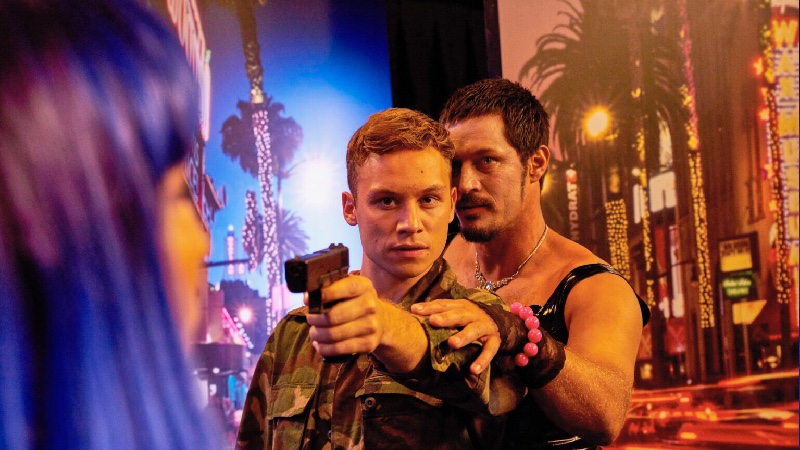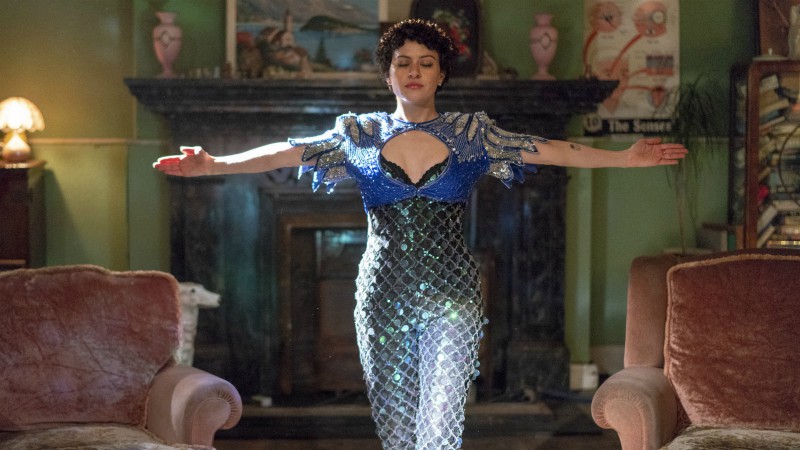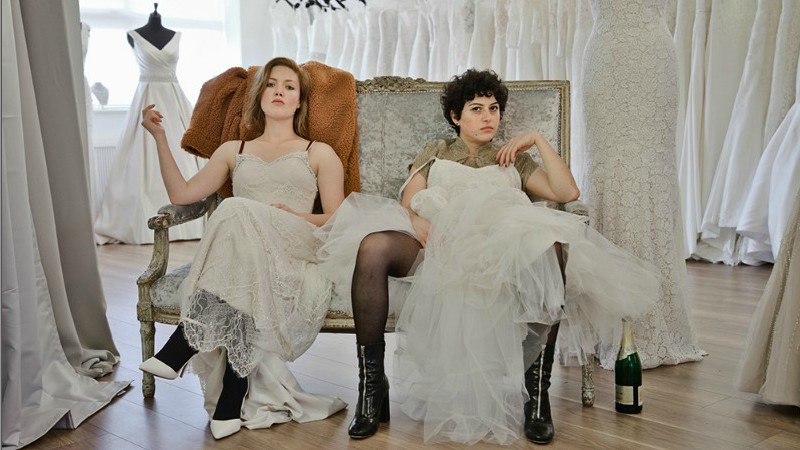It’s only natural for us to envy the young when they stand with the world at their feet, and yet stories often present this as being a period bereft of calm. In as much as stories, the likes of Eoin Macken’s Here Are the Young Men, adapted from Rob Doyle’s novel reminds us of our habitual vice, so to do they provoke sympathy for the anxieties and uncertainty of youth.
Dublin 2003, and Matthew (Dean-Charles Chapman) and his friends Kearney (Joe Cole), Rez (Walsh Peelo) and Jen (Anja Taylor-Joy), lose themselves in the clichés of drink, drugs, sex and thrill-seeking for one last summer. The premise of Here Are the Young Men provokes our interest for its familiarity more than its originality. We’re drawn to the story of these four school leavers, who are finally free from the educational institution and the shackles of adolescence, to see what Macken and Doyle have to say about youth.
The words of Matthew’s teacher echo throughout the film. He tells him, “I have high hopes for you. Be careful with your choices.” Later, when the pair cross paths again, he reminds him of his cautionary warning, “You’re defined by what you do Matthew. You make your choices.”
Choice is an interesting concept in the context of the story, because it feels that their futures are limited. Matthew, Kearney and Rez are characters for who it’s difficult to imagine an adulthood. They hit their peak in school, their dreams of being young anarchists, of living for the moment has no longevity. For Matthew the continuation into adulthood would be a social realist narrative, versus Kearney’s darker psychological drama.
As with The Rules of Attraction (2002), Roger Avary’s adaptation of Brett Easton Ellis’ 1987 novel, about a group of college students, the present is a last breath before the mundanity or the tragedy of adulthood begins, even if the films do not openly acknowledge as much. Macken’s efforts are to penetrate the romanticisation of reality, or living out of our heads, even if the characters are not necessarily aware of it, just as we often are not.

Unlike Kearney who plans to join his brother in America, and Jen who has thoughts of leaving her hometown, it’s never clear what Matthew and Rez’s long term plans are. We quickly sense that they’ve romanticised this moment of freedom, only for their thrill seeking to be interrupted by a traumatic accident. Each responds differently to the incident, from vulnerability and depression, to toxic masculinity and narcissism. It’s an important juncture within the story, because whether or not they are ready for adulthood, it’s suddenly thrust upon them. It’s the moment reality and romanticisation collide, a time for action, not for thought or daydreams, or living out of one’s head. No longer about what their lives can be, their choices now matter as they begin living their lives, shaping their individual and collective fates.
Kearney’s stylised self-projections bring a vibrant energy to the film, giving cause for attention and recognition beyond the immediate experience. It more aggressively confronts the way we relate to our reality by manipulating it with our imagination. It opens up the themes and ideas to the self-awareness that we’re a character in our own story. Kearney is the active and self-conscious author of his drama, while the others are passive and reactionary players to the whims of fate and circumstance.
The transgressive gesture towards religion and the Holy Communion sacrament by Macken and Doyle’s holy trinity of young men, with the teachers words about choice, intersect in a confrontational rejection of God and fate. If Kearney’s self-projections elevate the film, then the friction between morality and God gives the film a thematic and ideological bite, suggesting that morality is the concern of man, not God. Whereas religion preaches a moral simplicity, in our independence from God, we can summon up the courage to face and make the most divisive of moral choices, and then struggle with how they define us, for better or worse.
Here Are the Young Men is an effective drama, that does not try to do too much, or too little. It nestles itself within the hedonistic clichés of drink, drugs, sex and thrill-seeking, yet manages to engage with themes and ideas that resonate with preoccupations and anxieties that commonly trouble us all.
Here Are the Young Men is available now on VoD, and on DVD from May 10th.










